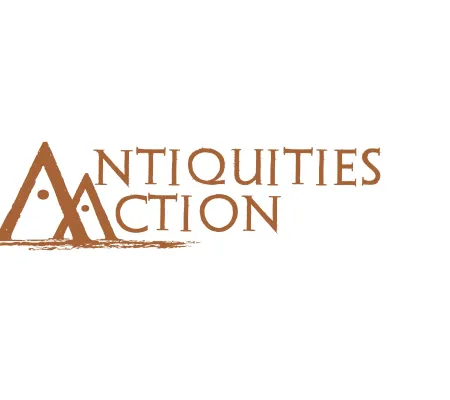"Hidden Histories at Stone Mountain"
The world’s largest Confederate monument is carved into the granite cliff face of Stone Mountain, outside Atlanta, Georgia. The park surrounding the monument remains the state’s most-visited tourist destination. Begun in 1915 and finished only in 1972, the monument has been used a tool for embezzling donations, a rallying-point for resistance to integration, and an inspiration for the revival of the Ku Klux Klan – not once but twice. This talk argues that understanding the monument’s long history is crucial to current debates about whether it – and America’s many other controversial monuments – should be preserved, modified, or removed.
Erin L. Thompson holds a PhD in Art History and a JD, both from Columbia, and is an associate professor of art crime at John Jay College (City University of New York). She studies topics including the black market for antiquities, the deliberate destruction of art, and the production of art by detainees at the United States military prison camp known as Guantánamo Bay. Besides traditional scholarly publications, she has written for general audience publications including The New York Times, Paris Review, Hyperallergic, Smithsonian Magazine, and bitch, and has spoken on CNN, NPR, BBC, TEDx conferences, and the Freakonomics podcast. She has curated curating several exhibits of detainee artwork, is a member of the Advisory Committee for the Nepal Heritage Recovery Campaign, and was a Fellow at the Rice University Humanities Research Center from 2017-2018 and a Public Scholar of the New York Council for the Humanities from 2015-2018. Her first book, Possession: The Curious History of Private Collectors (Yale University Press) was named an NPR Best Book of 2016. Her second book, Smashing Statues: On the Rise and Fall of American Public Monuments, published by Norton, is now available.
Antiquities Action is a group that aims to educate, raise awareness, and take action on issues related to art crime, cultural heritage management, preservation and destruction of heritage sites, whether as a result of war, climate change, tourism, and development. Antiquities Action looks at questions related to museum ethics and management, the international trade in art and antiquities, and the representation of and uses of the past in popular culture. It sponsors a rotating series of lectures, films, speakers, and events on these issues, and organizes a day-long symposium every year in the spring. Antiquities Action is open to anyone at UT Austin: faculty, staff, and students, as well as to people outside the UT Austin community. All participation is welcome.


